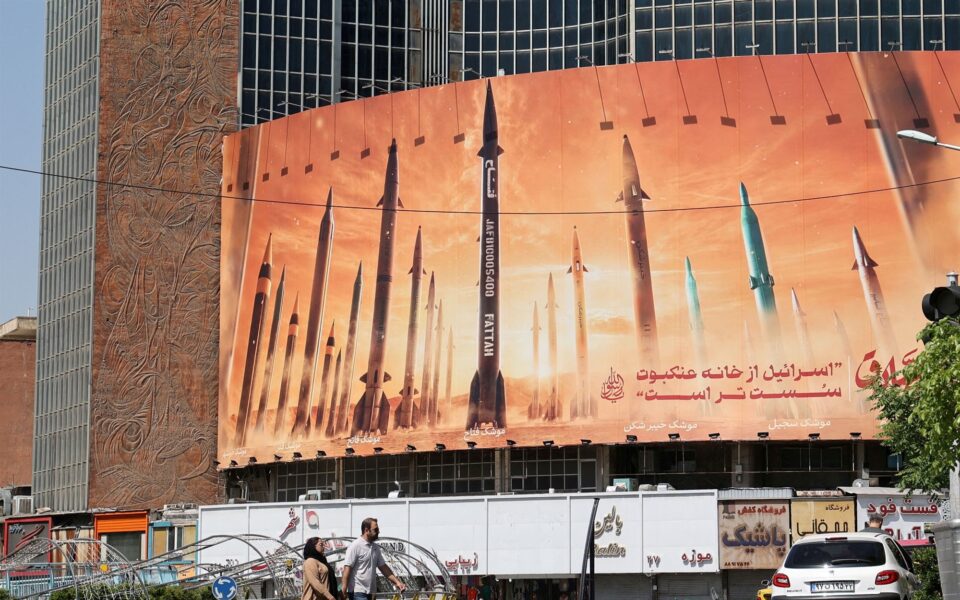As tensions rise in Tehran, Iran, an anti-Israel billboard with a picture of Iranian missiles was seen on a street. Meanwhile, Greece faces its own set of challenges, including economic uncertainty and political instability.
In Europe, major economies are experiencing weak growth and there is a risk of new upward pressures on inflation. Revised forecasts near 2.5% seem overly ambitious in this current climate. The external macroeconomic environment is rife with challenges and increased security uncertainties, with the risk of escalation in geopolitical tensions like in Ukraine and the Middle East. This could lead to a rise in commodity prices and put further upward pressure on prices, potentially delaying central banks’ decisions on interest rate cuts and requiring additional fiscal measures.
Global challenges like monetary policy tightening and geopolitical tensions, along with domestic events like reduced agricultural activity due to severe flooding, have already impacted economic activity. Weak global demand is expected to create new challenges for growth in Greece this year, with GDP growth estimated to reach 1%. The slowdown in destination markets for Greek exports, particularly in services like tourism, exacerbates the country’s economic challenges.
Despite these obstacles, Oxford Economics economist Paolo Grignani remains slightly optimistic, estimating growth in Greece to reach 1.7% this year. While weak eurozone growth will undoubtedly have a negative impact, Grignani points to the resilience of domestic demand in Greece as a potential driver of growth.



